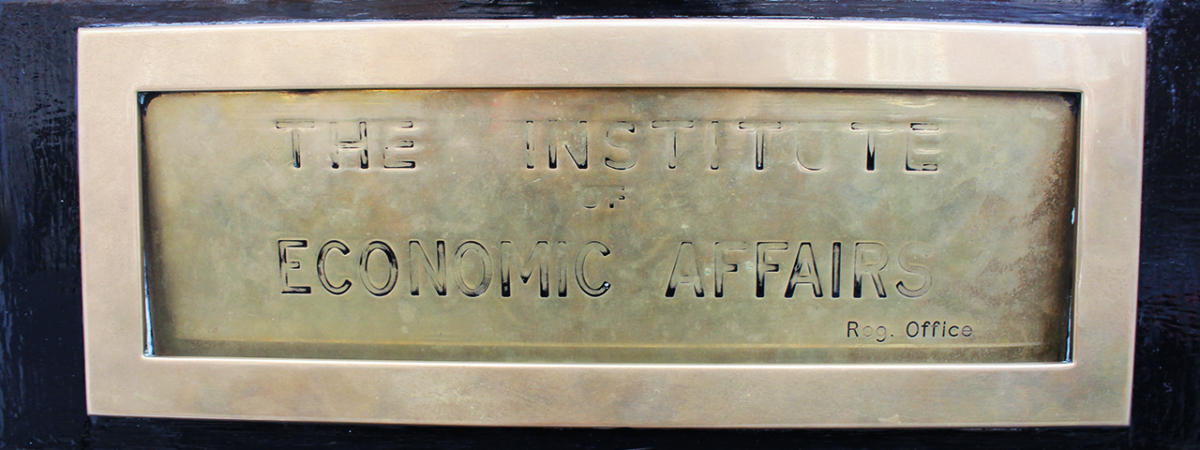Scrap licence fee and create a “National Broadcasting Trust” says new IEA report
SUGGESTED

Mark Littlewood responds to the Prime Minister's party conference speech

Christopher Snowdon responds to Professor Dame Sally Davies's final report on childhood obesity

‘New Vision: Transforming the BBC into a subscriber-owned mutual’, written by IEA Senior Academic Fellow Professor Philip Booth, argues that the justifications for state intervention in broadcasting used by government, Ofcom, and the BBC are outdated and do not reflect present-day society or technology.
The report argues that the BBC’s audience is becoming increasingly narrow – with a perceived white, middle-class, south east bias – and the explosion in other television channels which create high-quality, entertaining, and educational programmes without state subsidy make the current funding model anachronistic.
Requiring anyone owning a television set to fund the BBC – regardless of whether or not they watch BBC programming – at the same time as people are moving towards watching shows on their phones and tablets, whilst simultaneously using the televisions sets for a range of other activities, is difficult to justify.
Despite this, there is also limited public appetite for a privatised model on fully-commercial lines.
Instead, Booth proposes a new ownership model – based on recognisable and popular institutions like The Co-Operative or the National Trust – which remove the obligation to purchase a TV licence.
Under this model, the BBC would be financed by subscription and owned by its subscribers. It would be free to offer different subscription models for different markets (including online or mobile-only, and overseas). At the end of their current TV licence, people would choose whether to renew and become members of the new organisation – perhaps called the “National Broadcasting Trust” (NBT) – and so become entitled to receive BBC services, or not to subscribe and lose access to these services, while still receiving Freeview channels and channels for which they pay separately.
Like other co-operatives and mutual organisations, the members would elect its board and the NBT could have fully charitable and fully commercial arms for different purposes.
The report also proposes the BBC would also lose its legal privileges and be treated in the same way as all other news and media organisations for competition purposes.
Author of the report Professor Philip Booth said:
“The BBC funding model needs to be pulled into the 21st century. The UK has a long history of successful mutuals and co-operatives that are popular with their members. Such an ownership model for the BBC would be fit-for-purpose in the modern broadcasting world, detach the BBC from the state, and promote real diversity of corporate structures in the world of media.
“A re-modeled BBC could better leverage its brand internationally and be a commercial success as well as perform other less-overtly commercial functions that its member-viewers value.”
Notes to editors:
For media enquiries please contact Emma Revell, Head of Communications: 07931 698 246
Download the report, New Vision: Transforming the BBC into a subscriber-owned mutual, here.
Philip Booth is Senior Academic Fellow at the Institute of Economic Affairs and Professor of Finance, Public Policy and Ethics at St. Mary’s University, Twickenham. He also holds the position of Dean of Education, Humanities and Social Sciences at St. Mary’s having previously been Director of Research and Public Engagement.
For further IEA reading on the BBC licence fee, click here.
The mission of the Institute of Economic Affairs is to improve understanding of the fundamental institutions of a free society by analysing and expounding the role of markets in solving economic and social problems.
The IEA is a registered educational charity and independent of all political parties



